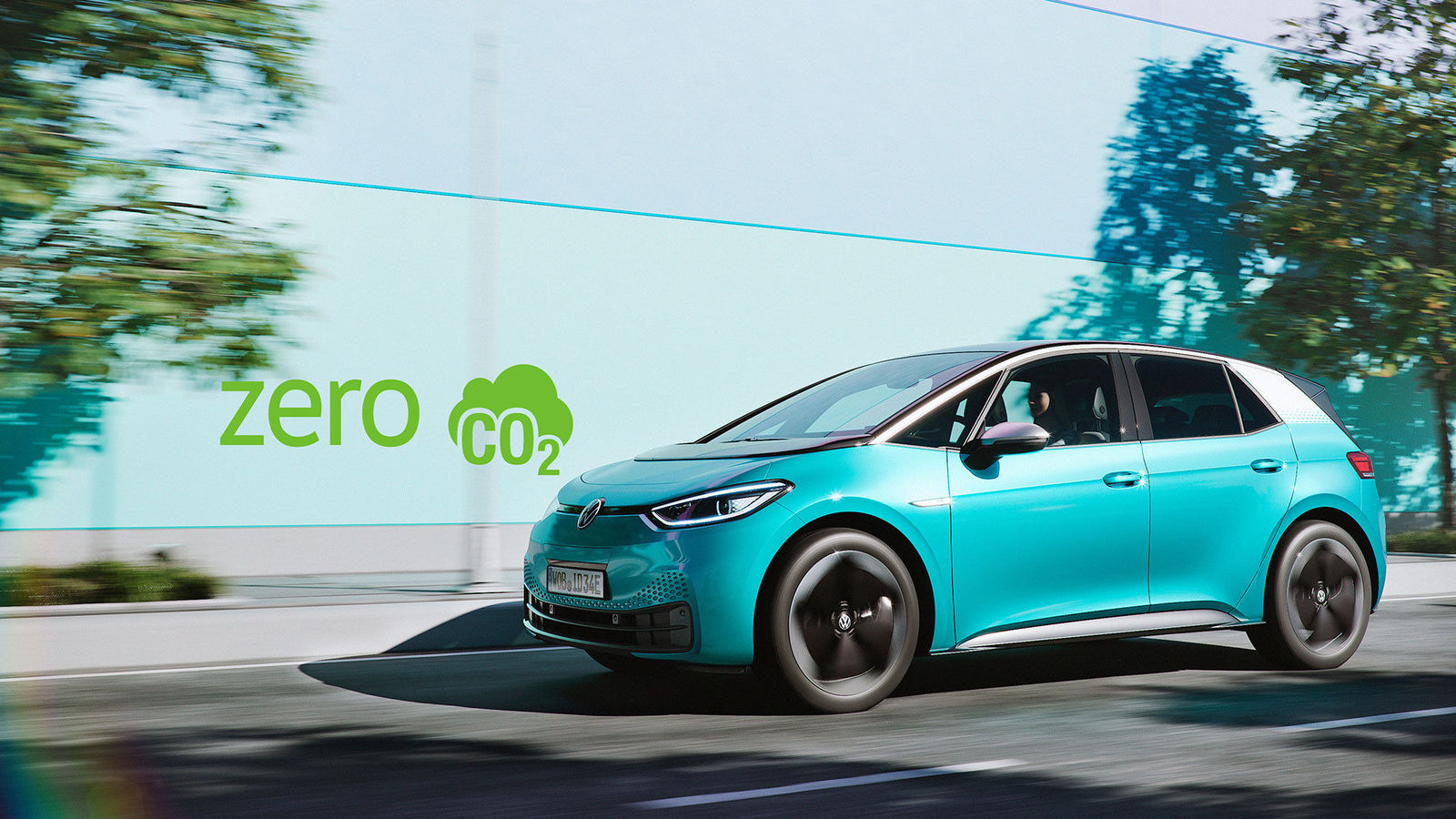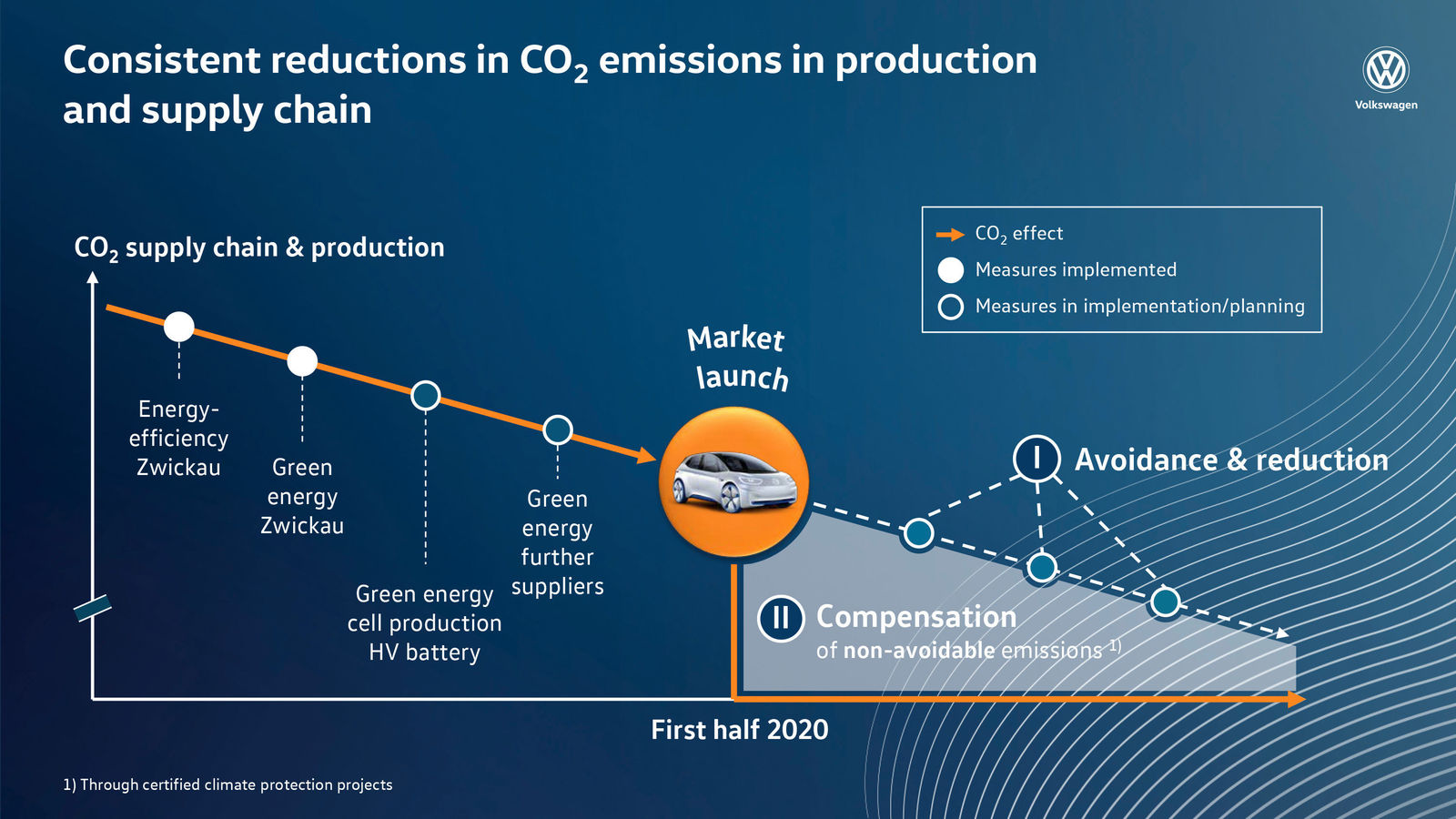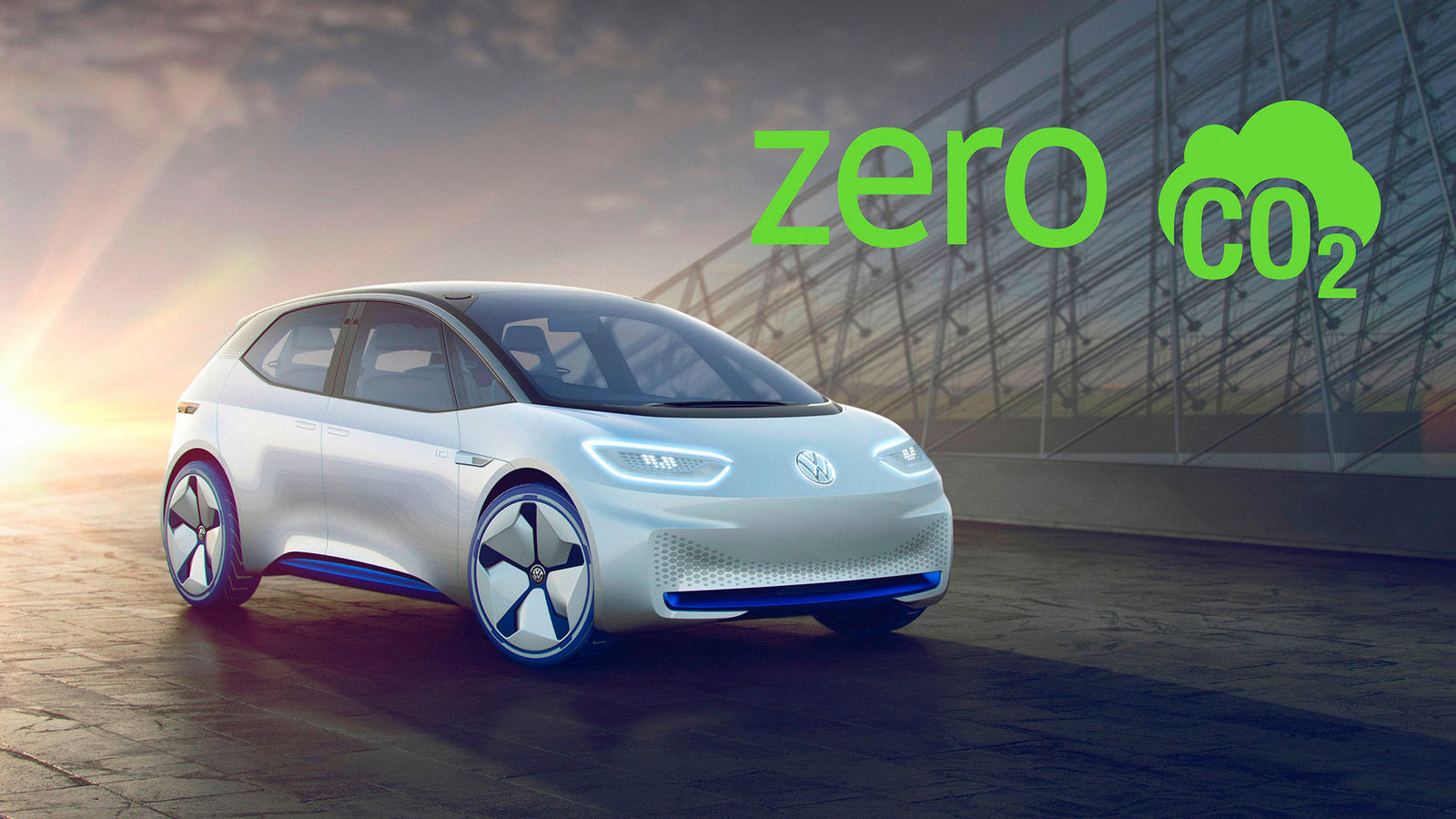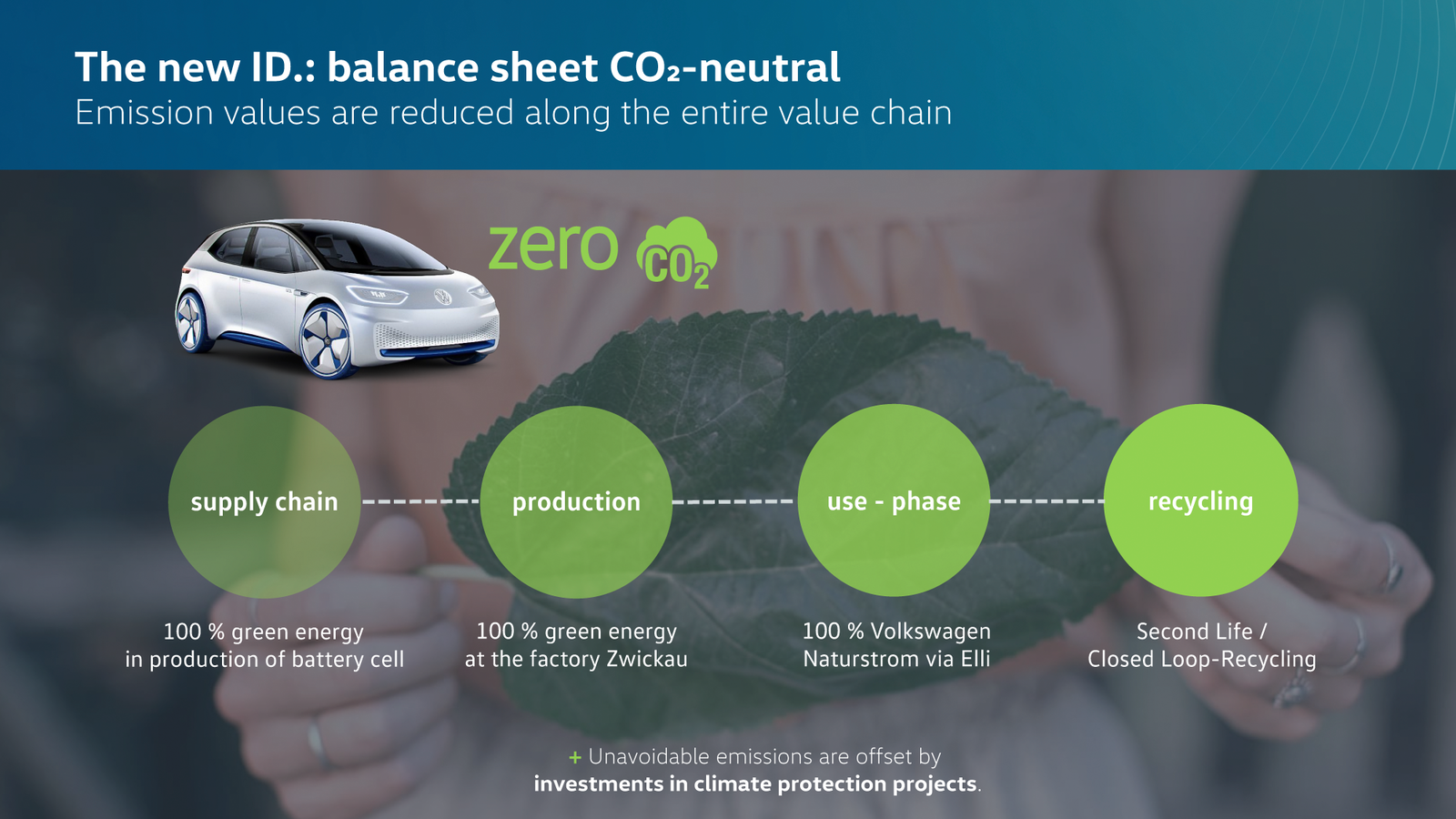E-mobility and sustainability
Press Releases
-

Green power for all ID. models on European roads: Volkswagen supports 26 solar and wind farms
As a pioneer, Volkswagen supported the large-scale expansion of renewable energies in Europe at an early stage. Currently, the automaker is engaged in a total of 26 green power projects in nine European countries. The company has now drawn a positive interim balance. Since 2021, the green power projects supported have fed a total of about three terawatt-hours (TWh) of electricity to the European power grid. This figure corresponds to the annual energy demand of about 800,000 households. Through these efforts, Volkswagen is making a key contribution to decarbonization. An ID.4 powered solely using the EU green electricity grid mix already has a lower CO₂ footprint than a comparable diesel model after about 66,000 km. This is the result of a life cycle analysis*. -
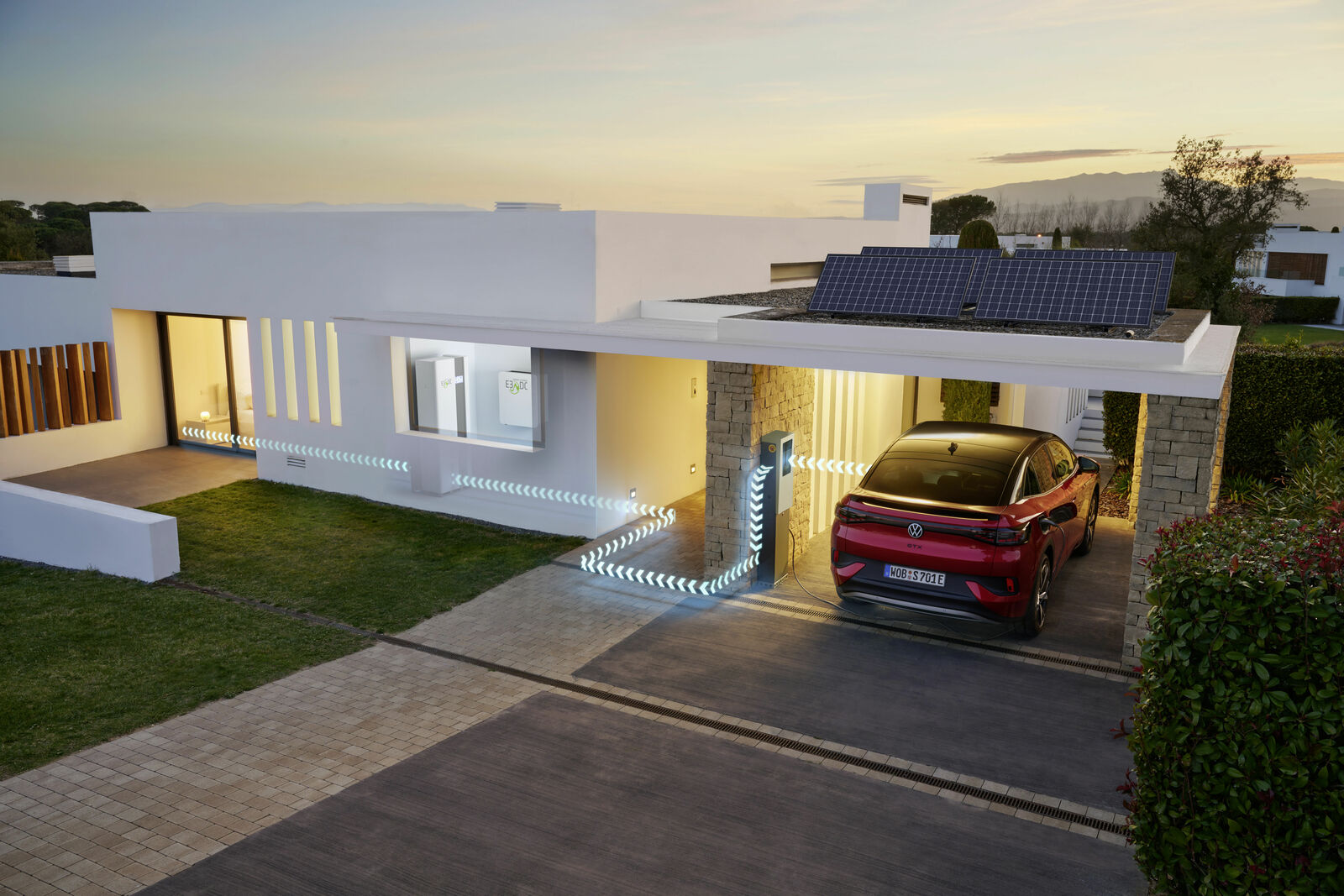
Cleverly manage your own electricity: First ID. models support bidirectional charging
From now on, many models in the ID. Family now offer bidirectional charging with the "Vehicle to Home" function. With a home power station and the integrated Home Energy Management System (HEMS) from Volkswagen partner HagerEnergy GmbH, customers can cover as much of their household consumption as possible with their photovoltaic system. Both companies have launched a pilot project in Sweden in which an entire housing estate is being supplied with vehicles and the corresponding charging infrastructure. -
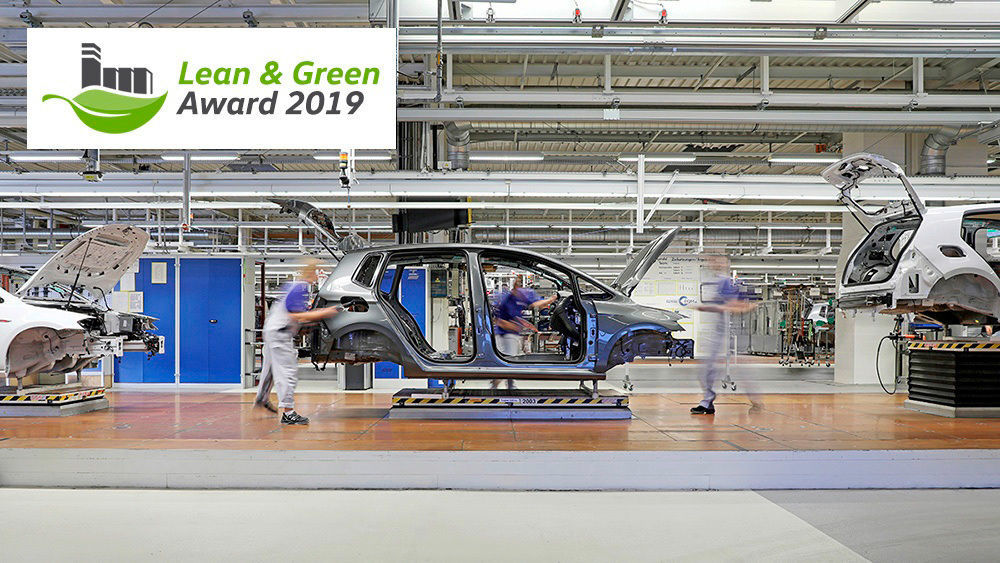
Volkswagen plant Wolfsburg receives environmental "Lean and Green Management Award"
The Volkswagen Wolfsburg plant receives the "Lean & Green Management Award 2019" in the "Automotive OEM" category for its efficient and sustainable production. More than 250 plants from more than ten countries and 20 different industries participated in this competition.
Basic Infos
-
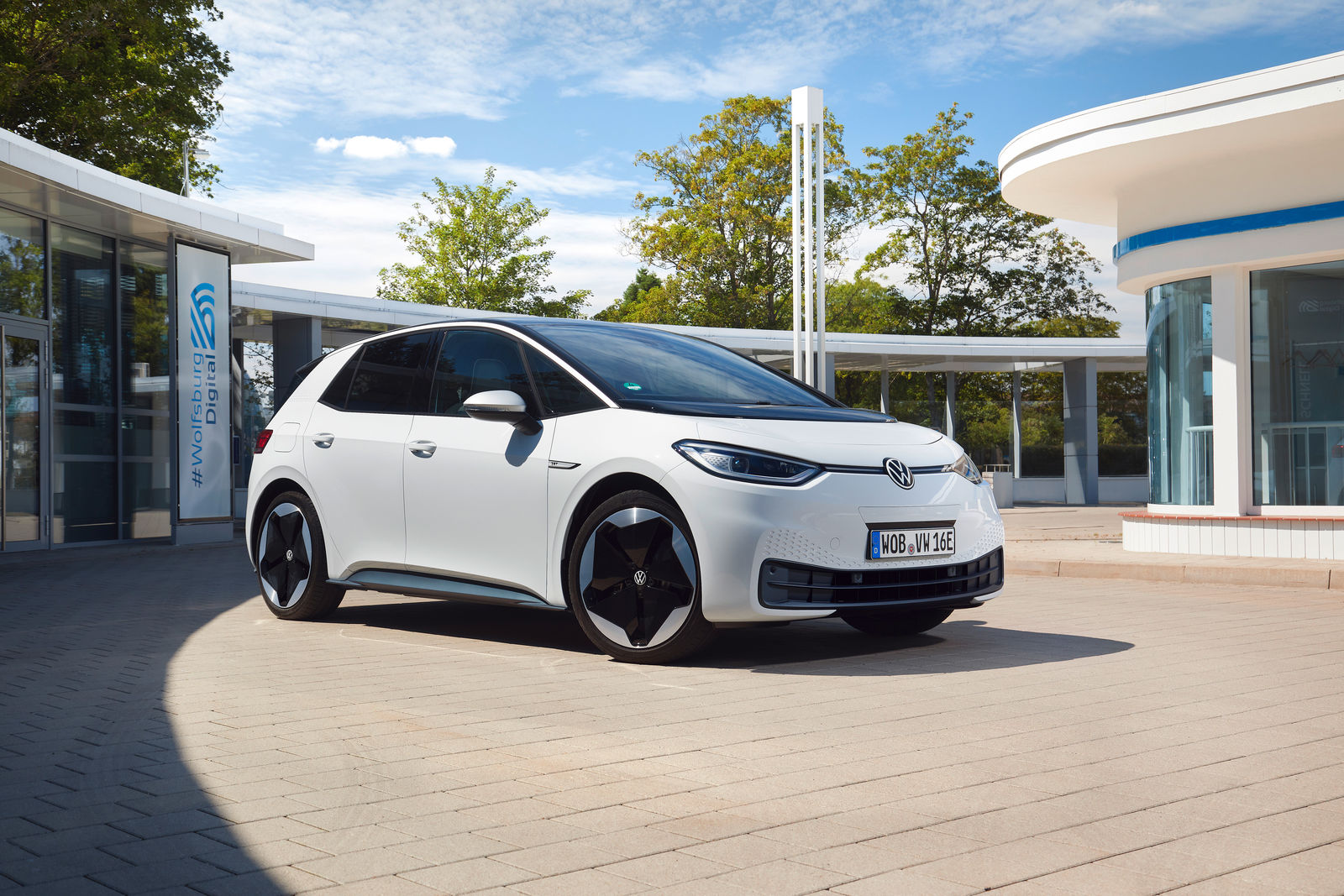
The new ID.3
International Media Drive
Media

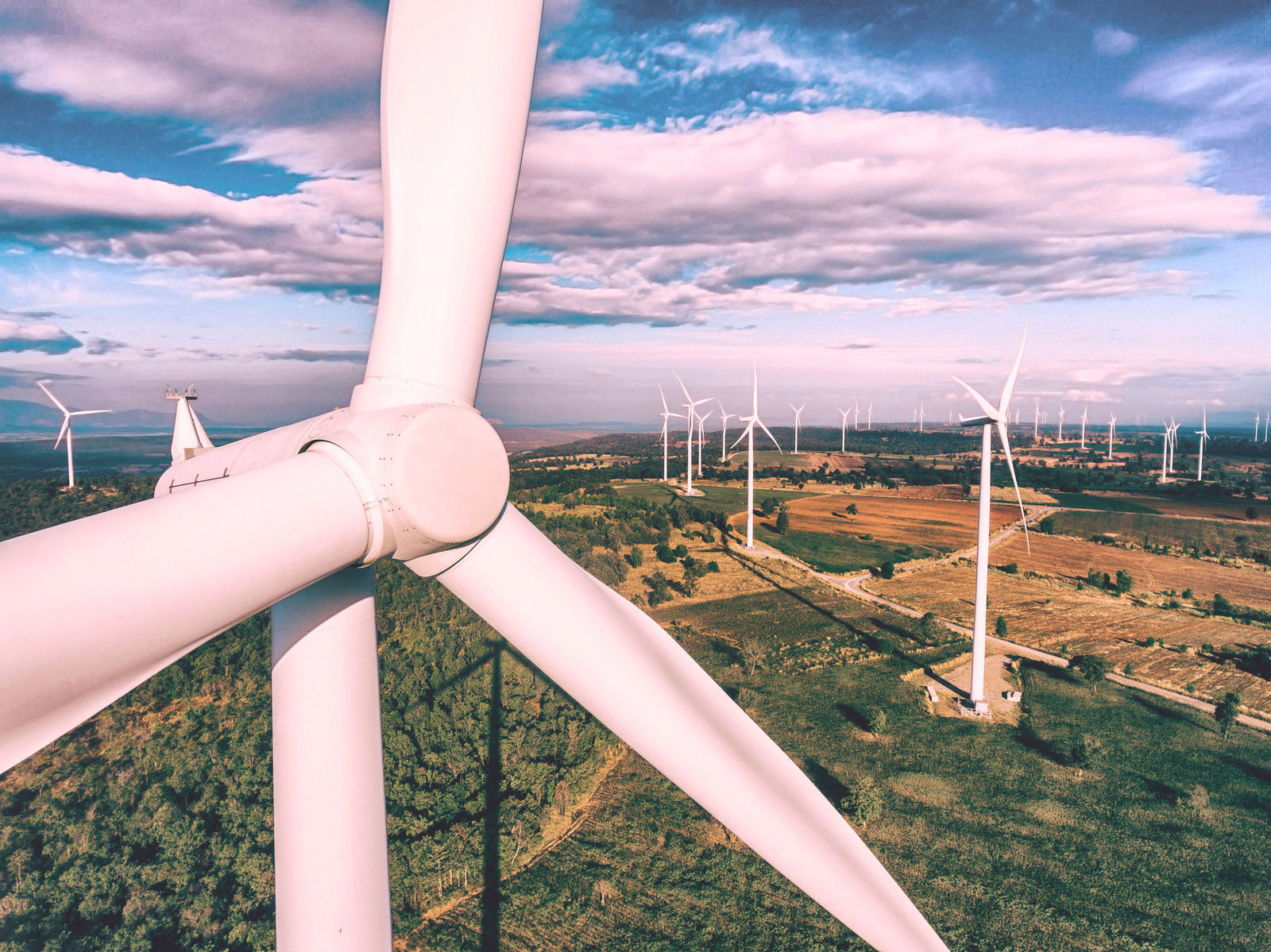

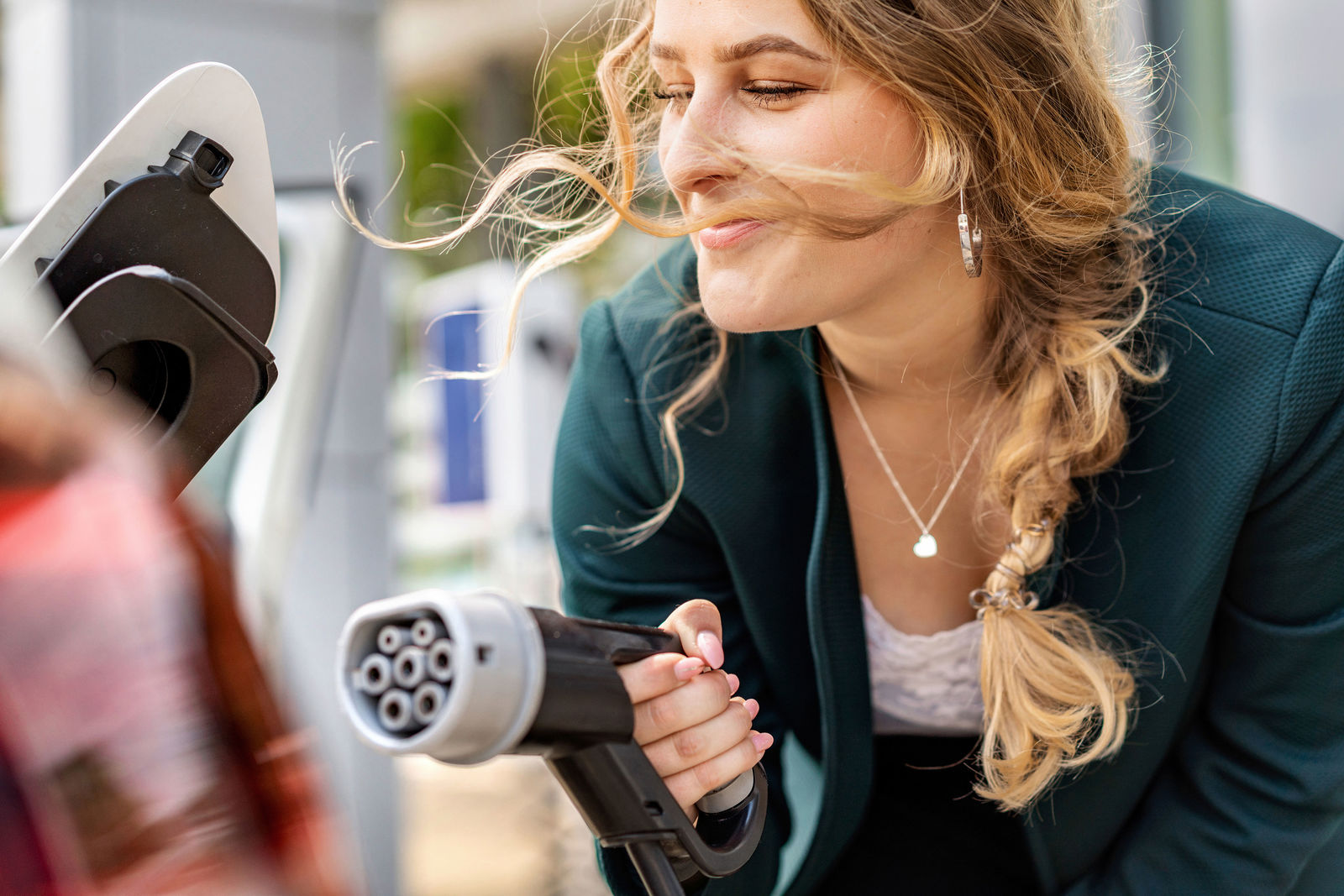
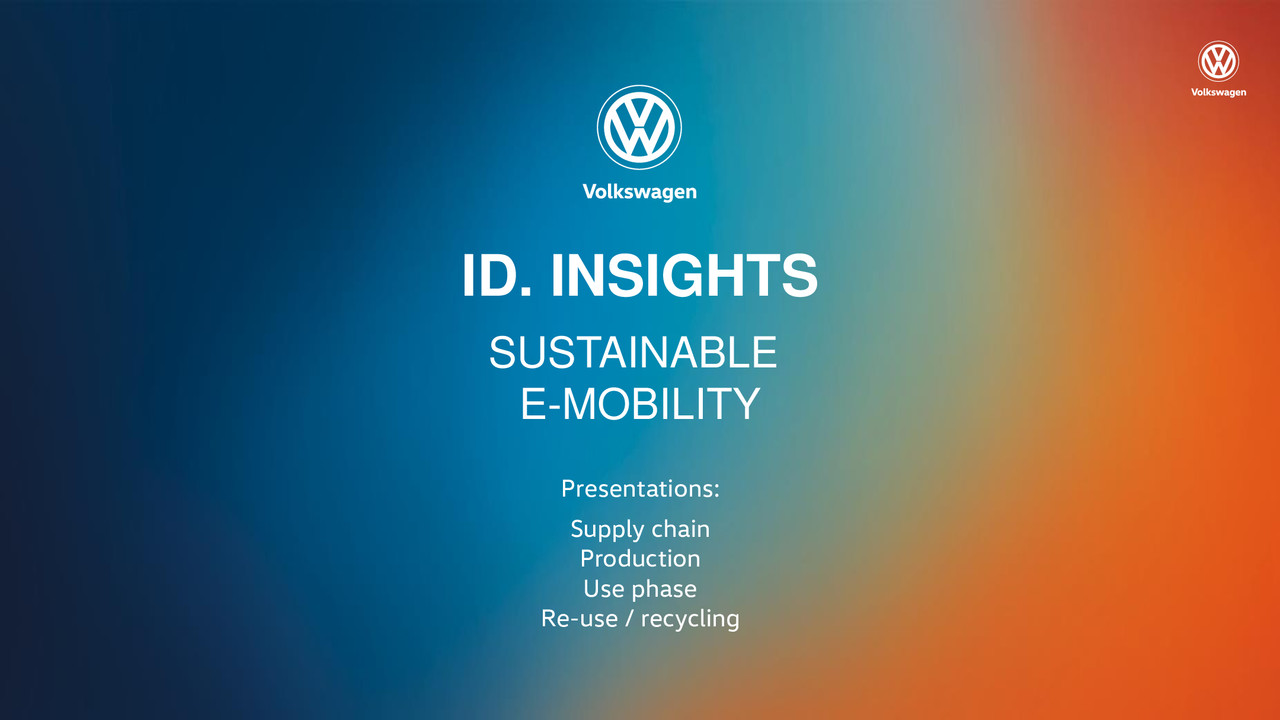
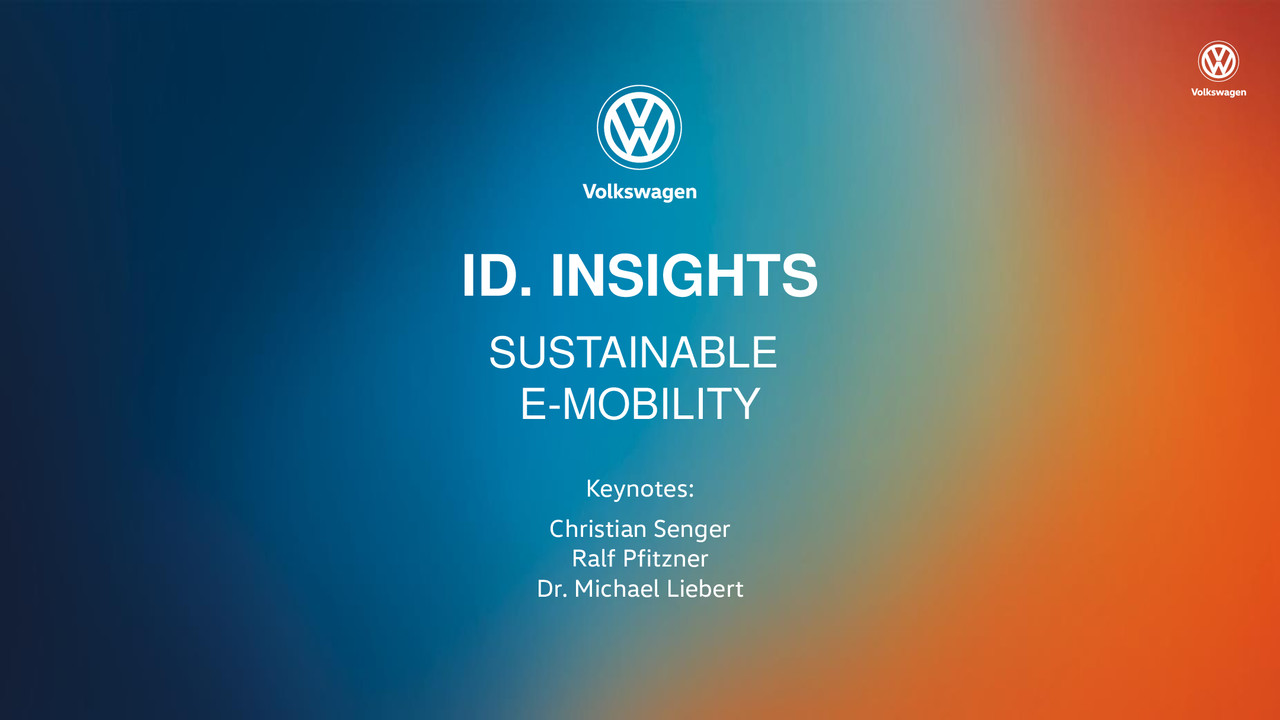
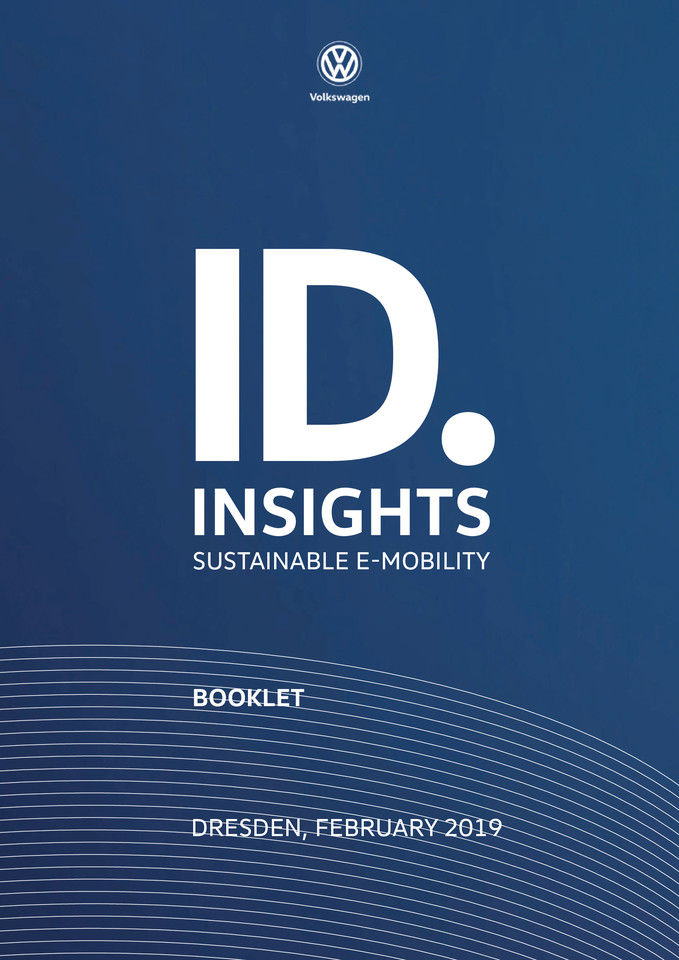
Graphics
